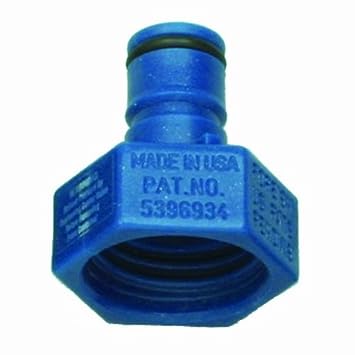ianhoopes
Active Member
So, I searched the forum but couldn't find anything similar enough to my issue.
I bottled an oak-aged coffee/vanilla porter (Oak was soaked in bourbon for a few weeks) back in October of last year. As of now, it's STILL flat in the bottles. I've uncapped, added carbonation tabs, turned and shook the bottles every couple of weeks and nothing has happened. I'm assuming this beer is just gone, but I put a lot of time, effort and money into it. It tastes pretty good flat, but I want it to carbonate. I don't have a kegging setup yet, so I'm wondering if anyone has any ideas before I just give up on this beer. Thank you all so much.
I bottled an oak-aged coffee/vanilla porter (Oak was soaked in bourbon for a few weeks) back in October of last year. As of now, it's STILL flat in the bottles. I've uncapped, added carbonation tabs, turned and shook the bottles every couple of weeks and nothing has happened. I'm assuming this beer is just gone, but I put a lot of time, effort and money into it. It tastes pretty good flat, but I want it to carbonate. I don't have a kegging setup yet, so I'm wondering if anyone has any ideas before I just give up on this beer. Thank you all so much.



